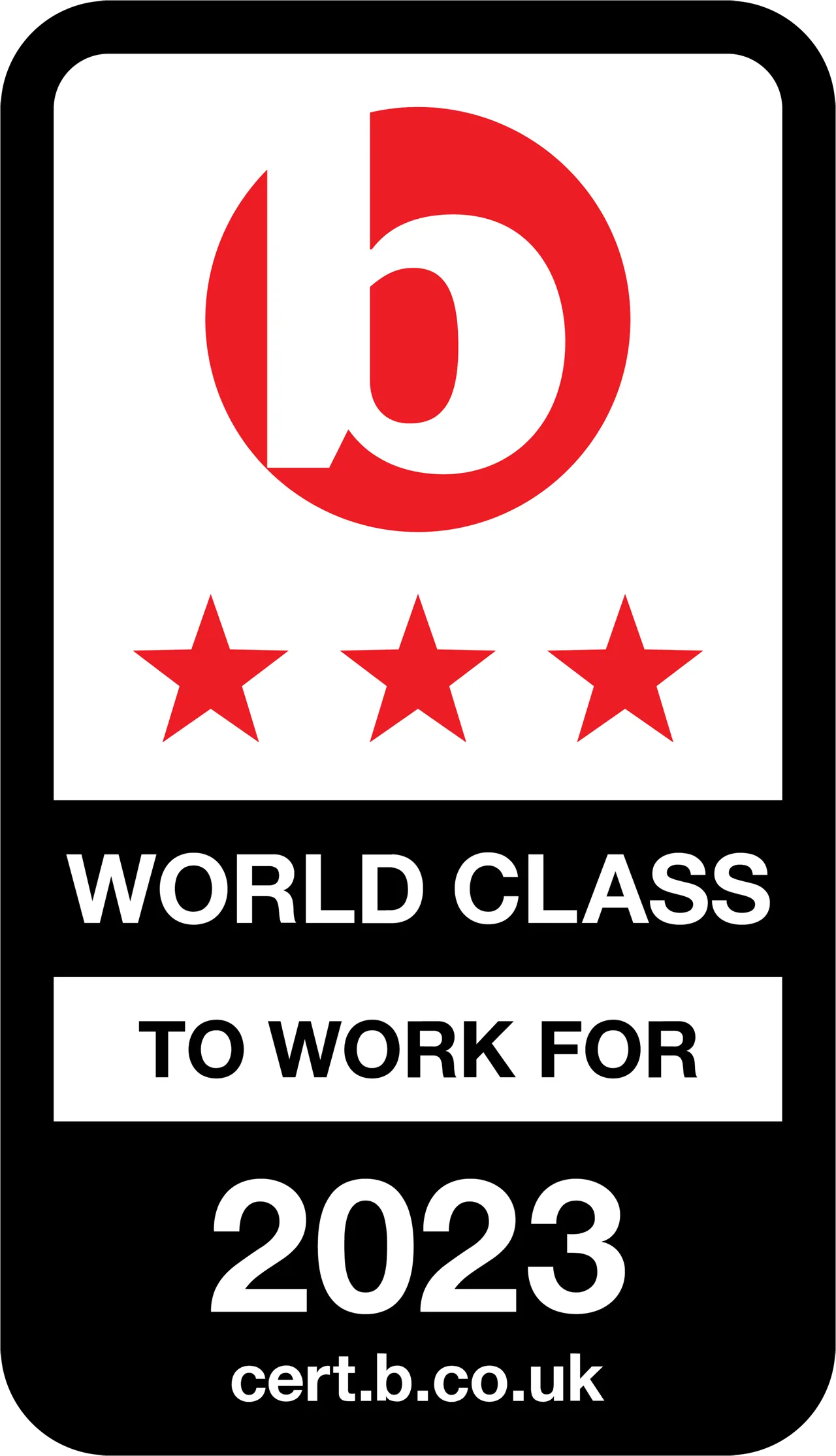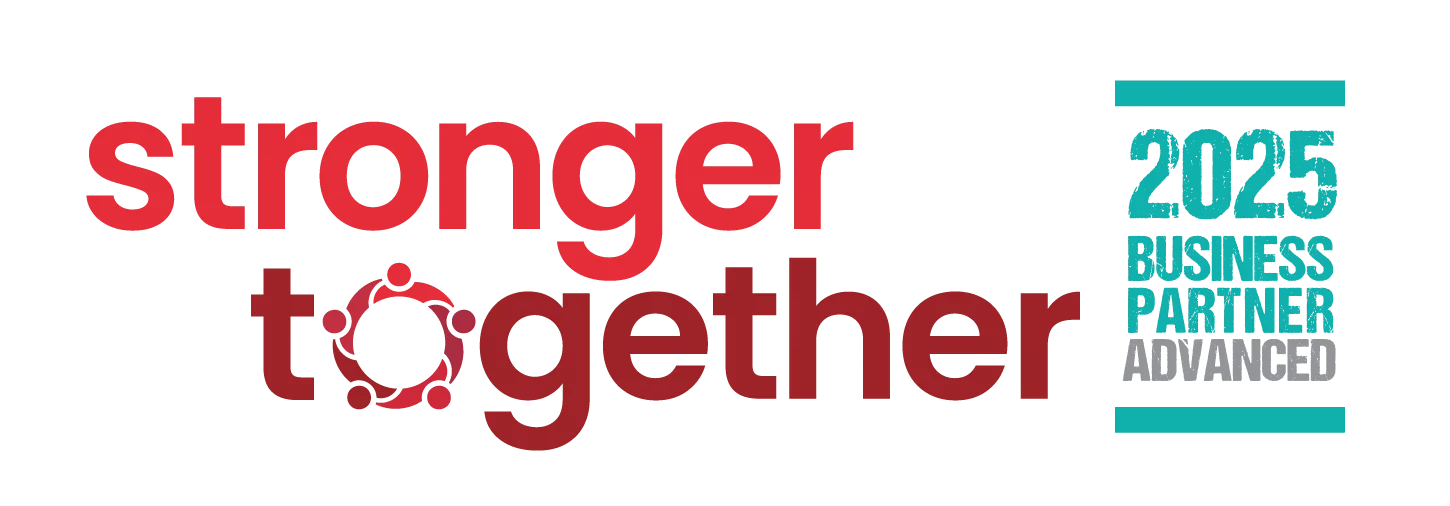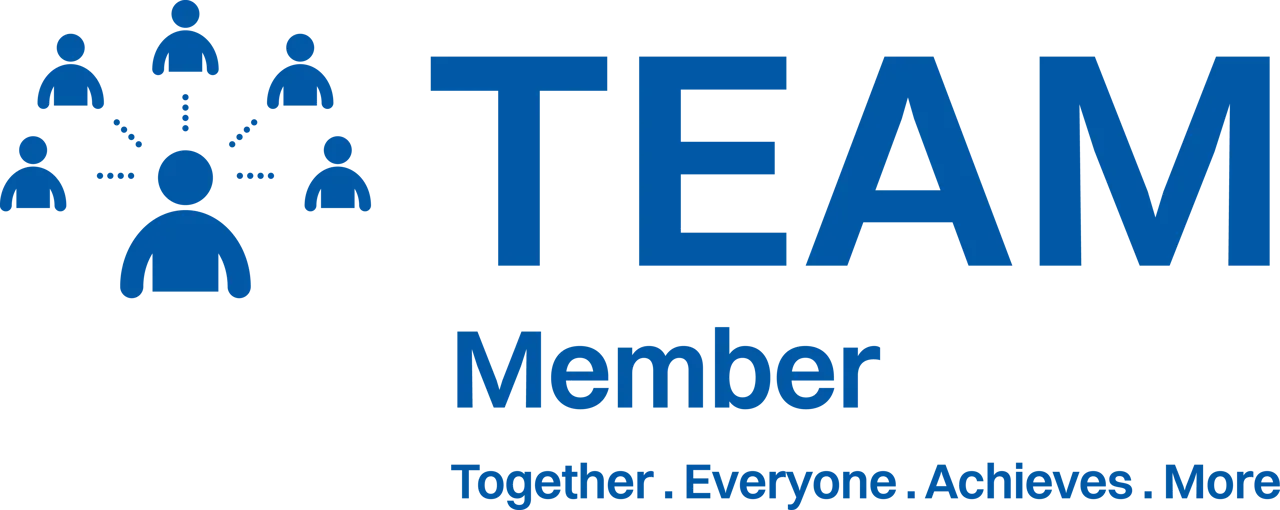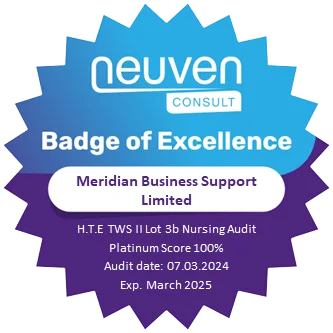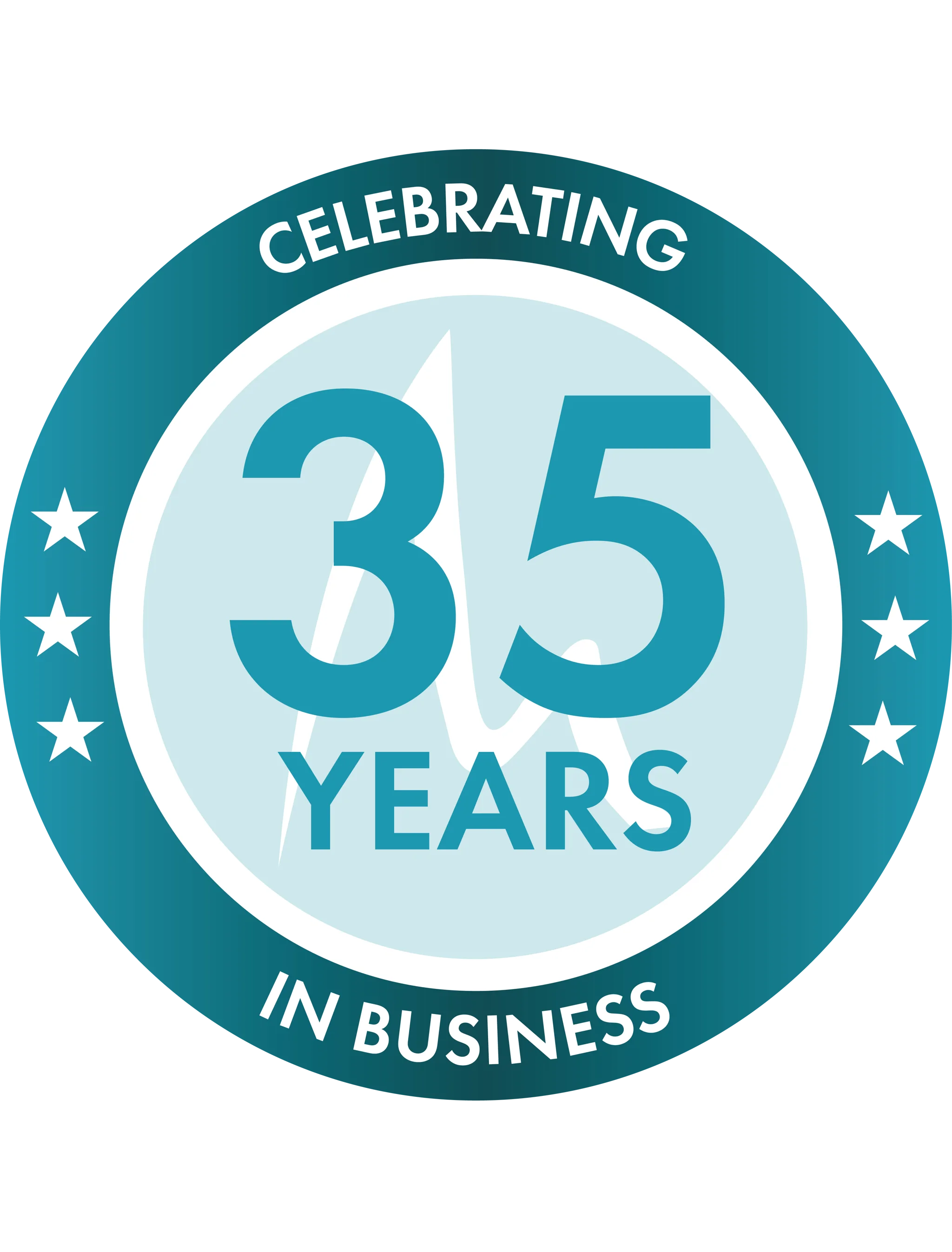how to master small talk before an interview
05 Jul, 20187 minutesMastering Small Talk for Interviews'Did you find us alright?' and 'Is it still raining out t...

Mastering Small Talk for Interviews
'Did you find us alright?' and 'Is it still raining out there?' may be common conversation starters, but there’s a lot more to pre-interview chit-chat than traffic and weather updates! In the article below CV Library provides tips on mastering small talk!
Small talk loosens your pipes and helps get a rapport going before the main event. At the same time, your interviewer may be trying to sense if you can handle talking to clients, or how you’ll fit in with colleagues – so first impressions count. Here are four ways to put a shine on it.
Ask questions
Taking the lead means you can bring up topics you’re confident with and can even be a subtle way to drop in interests listed on your CV. If your interviewer has lots of candidates to see, steering clear of bog-standard topics could make you more memorable, too.
‘I like it when candidates ask questions,’ Jake Butler, COO at Save the Student reveals. ‘Being nervous is completely understandable, but asking questions shows they can be outgoing and confident as well.’
If you know the company has just launched a prototype or moved offices, asking about it shows you’re interested in and informed about what they do.
Probing your interviewer’s professional achievements gives them a chance to talk about their best bits, too. Done well and it can leave you both feeling positive about your meeting. This is something that may work in your favour later on!
Stay positive
So, your interviewer asks you if you found the office OK and you launch into a monologue about how local trains are a travesty: not a good look!
‘If a candidate moans non-stop or discusses their road rage on the way there, it gives a fairly negative first impression,’ says Debbie Tollitt, Director at davidson-hr.co.uk.
‘I personally would informally interpret that their general outlook was not one that looked for the positive, and doesn’t show a professional ability to engage,’ both of which have consequences for the role, she adds.
That doesn’t mean being OTT and tiresomely cheerful; it’s about picking out what’s useful and appropriate for the conversation.
If you really can’t avoid the negative stuff, talk about what went right as well: ‘This shows the interviewer you’ve taken responsibility, proactively looked for a solution, and positively moved on,’ Debbie advises.
Bear in mind that small talk isn’t about in-depth analysis: it’s fine to give brief answers to basic questions and move on. Save anecdotes for the interview!
Be appropriate
If you wouldn’t dream of putting it in your CV, don’t showcase it through your small talk either. That includes the state of your hangover, swearing, your best racist puns and brash opinions about politics or religion. In fact, if it sounds like pub talk, keep it for the pub.
While being funny might seem like a shortcut to showing how confident – not to mention, hilarious – you are, jokes are tricky to pull off, and easy to misinterpret.
Jake recalls one candidate who suggested they move the chat to the hot tub (the Save the Student offices are on a boat): ‘I just felt it was a bit OTT, to be honest. Being able to use jokes cleverly or with awareness is a skill!’
Mind your body language
According to Tim Slater of FatLama.com, as an interviewer, ‘your job is to gain as much knowledge as you can about a candidate in a relatively short amount of time. A huge part of this comes from a candidate’s body language – and something as simple as eye contact can make all the difference.’
Luckily, these ‘nonverbal signals’ can all be picked up with practice:
- Sitting up, leaning forward and nodding show you’re interested and engaged in the conversation.
- Smiling and eye contact make you look more approachable; slouching and staring at the floor don’t.
- Practice different speaking styles: slower, louder or with more warmth. Forget about adopting a funky new accent for the interview, however!
- ‘A Communications candidate who talks to the floor is probably not the best bet,” Tim adds. ‘Having said all that, my primary advice would be to be yourself as much as possible. Ultimately, pretending to be someone you’re not may land you a job, but probably not one that’s the right fit for you in the long term.”’
Next steps for mastering your interview small talk
- If you have most of your conversations by text, Twitter or email, the thought of winging it face-to-face can be stressful. As with any skill, practice helps! If you’re an introvert, involve friends and family, take a course, or ask your careers adviser for feedback
- Reading up on industry news is a good tip for your interview. It also give you topics to chat about beforehand
- If small talk has you sweating, think about why you dread it, and what you can do to take off the pressure. If you suffer from shyness, for instance, these NHS resources may help
- Don’t stress. Even if the chit chat doesn’t go amazingly, you’ll still have the interview to pull things back. Ultimately, small talk is something we all do, every day, and with all kinds of people. You’ve got this!
Source: CV Library




